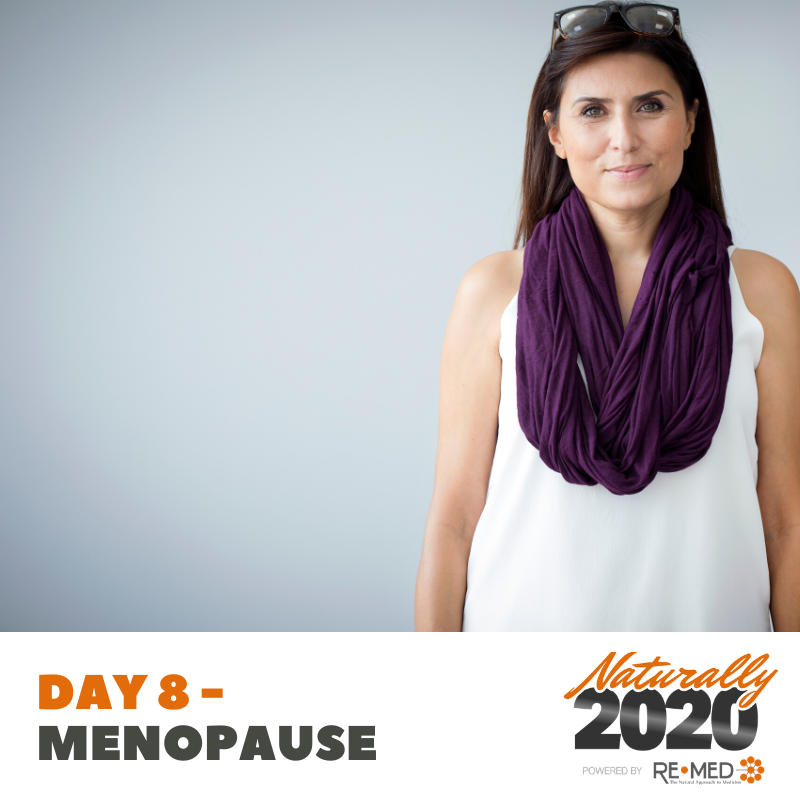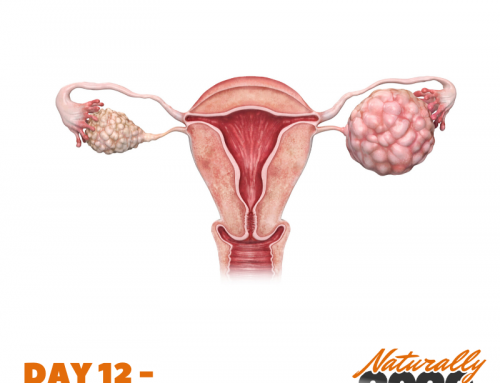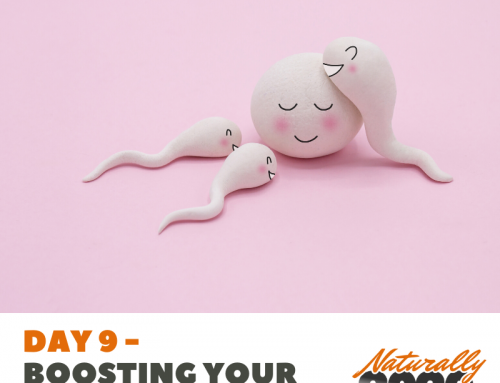The answer is insulin resistance (IR). IR is where the body has chronically high levels of insulin. When the body is continuously exposed to something, it often responds by ignoring it. Insulin is needed to get glucose into cells so it can be used for energy. With IR, glucose isn’t allowed into cells effectively resulting in higher levels of glucose in the blood. Glucose is highly inflammatory to the cardiovascular system, and the body usually converts this excess glucose into fat.
Now what happens with menopause is that as the oestrogen and progesterone levels in the body drop. These hormones both help to reduce insulin resistance and to keep testosterone in check. In women, testosterone increases insulin resistance, which promotes weight gain, prevents fat-burning and also increases appetite. This explains some of the hormonal barriers women face when trying to maintain a healthy weight around the menopausal transition and beyond.
Keep in mind that IR also occurs commonly with typical western-style eating which is high is sugar, carbohydrates and processed foods. Putting high levels of glucose in the body, results in high insulin production, leading on to IR. This process will be in play regardless of your age.
Therefore a wholistic plan is required for maintaining or losing weight that centres around diet and exercise, along with herbal and nutritional medicine which can be employed to address insulin resistance, reduce inflammation, prevent cardiovascular disease and diabetes and help smooth the hormonal transition.







Leave A Comment